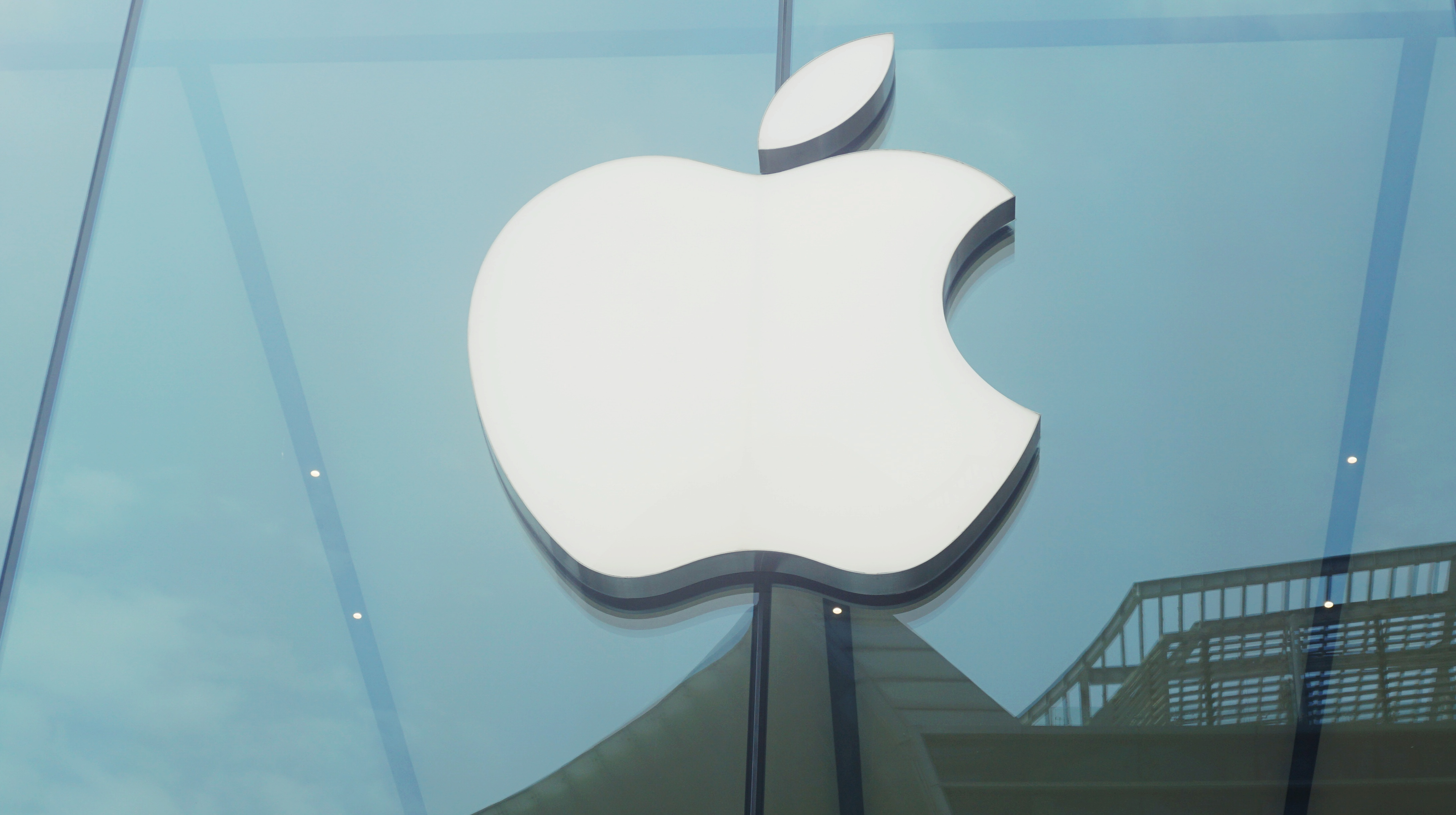“ A London court found that Apple abused its dominant position by charging unfair fees to app developers on its App Store. The decision could cost the US corporation hundreds of millions of pounds in fines. Source: Reuters Details: The Competition Appeal Tribunal has ruled against Apple in a class action lawsuit filed on behalf of millions of iPhone and iPad users in Great Britain. The court ruled that between October 2015 and the end of 2020, Apple abused its dominant position by keeping competitors out of the mobile app distribution market and charging “excessive and unfair fees” to developers. The plaintiff – British scientist Rachel Kent – said that Apple received “excessive profits” by effectively monopolizing access to applications and internal purchases from them. Its lawyers argued that the company’s 100% control over the App Store ecosystem allowed it to impose unfavorable conditions on developers, including commissions of up to 30%, while a fair rate should be around 17.5%. The court agreed with the plaintiffs’ arguments and found that developers were passing 50% of these excessive fees on to consumers. It is expected that the decision could open the way to around 1.5 billion pounds ($2 billion) in compensation. Apple has already said it will appeal the decision, calling it “a misrepresentation of the thriving and competitive mobile app economy.” Next month, the court will consider Apple’s appeal and determine the procedure for calculating damages. The British court’s decision coincided with pressure from EU antitrust regulators, who are also investigating the App Store’s operating conditions under rules aimed at limiting the influence of large tech corporations.”, — write: www.pravda.com.ua
Source: agency Reuters
Details: The Competition Appeal Tribunal has ruled against Apple in a class action lawsuit filed on behalf of millions of iPhone and iPad users in the UK.
Advertising:
The court ruled that between October 2015 and the end of 2020, Apple abused its dominant position by keeping competitors out of the mobile app distribution market and charging “excessive and unfair fees” to developers.
The plaintiff – British scientist Rachel Kent – said that Apple received “excessive profits” by effectively monopolizing access to applications and internal purchases from them. Its lawyers argued that the company’s 100% control over the App Store ecosystem allowed it to impose unfavorable conditions on developers, including commissions of up to 30%, while a fair rate should be around 17.5%.
The court agreed with the plaintiffs’ arguments and found that developers were passing 50% of these excessive fees on to consumers. It is expected that the decision could open the way to around 1.5 billion pounds ($2 billion) in compensation.
Apple has already said it will appeal the decision, calling it a “misrepresentation of the thriving and competitive mobile app economy.”
Next month, the court will consider Apple’s appeal and determine the procedure for calculating damages.
The British court’s decision coincided with pressure from EU antitrust regulators, who are also investigating the App Store’s operating conditions under rules aimed at limiting the influence of large tech corporations.
